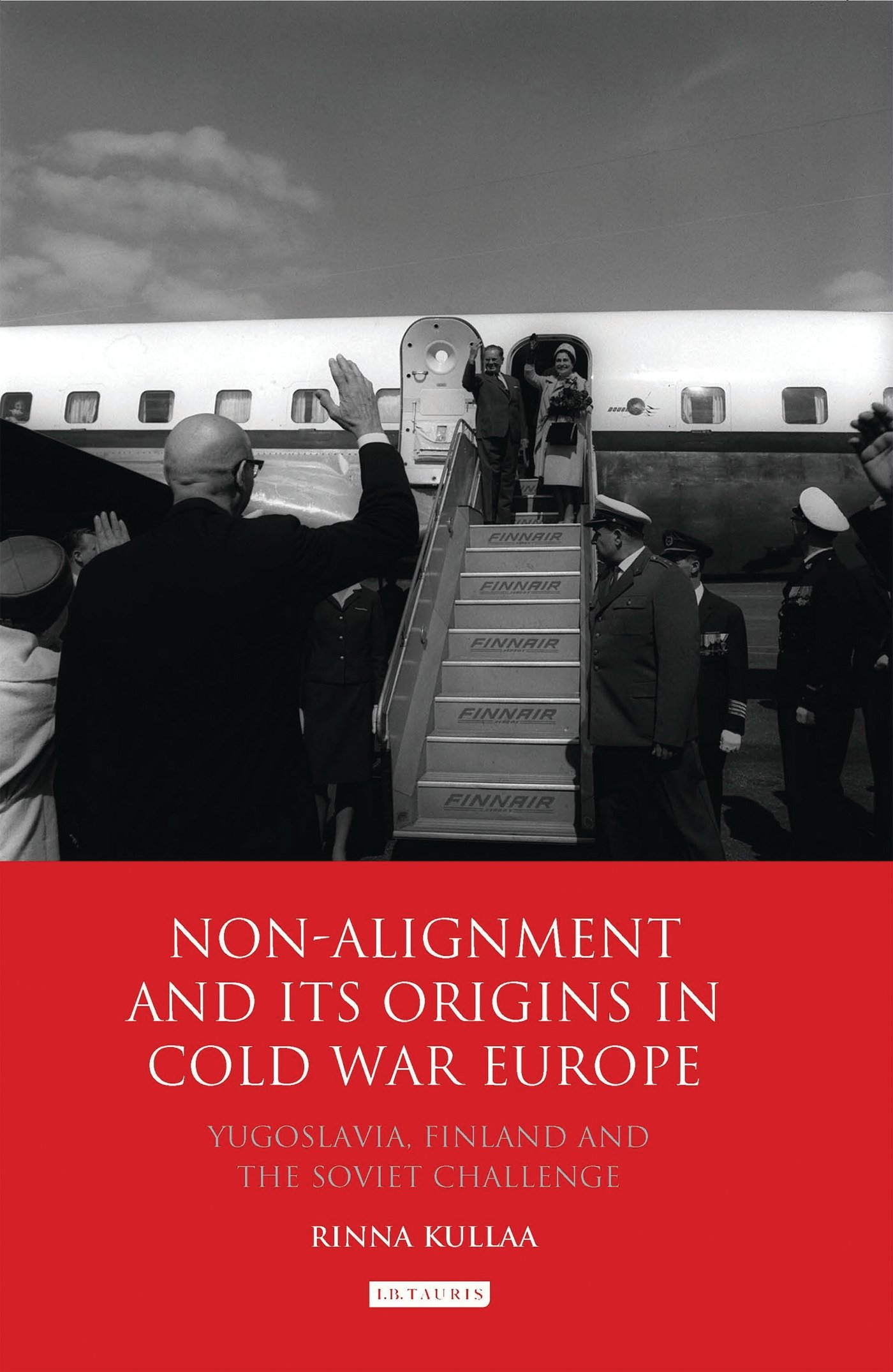Non-alignment and Its Origins in Cold War Europe
Non-alignment and Its Origins in Cold War Europe
After World War II, Europe stood divided between two clearly defined and competing ideologies and systems of government, economic and social progress. Within this context of confrontation and mutual hostility between the United States and the Soviet ...
Read more
After World War II, Europe stood divided between two clearly defined and competing ideologies and systems of government, economic and social progress. Within this context of confrontation and mutual hostility between the United States and the Soviet Union, Rinna Kullaa provides a unique and original analysis of the attempts of two European states to successfully avoid absorption into the Soviet bloc. 'Non-Alignment and its Origins in Cold War Europe' thus provides an exploration of the relations of Yugoslavia and Finland both with the Soviet Union, and with each other, as they strove to preserve their independence. In the wake of the Tito-Stalin split of 1948, the Yugoslav government was forced to search for an alternative and effective diplomatic and foreign relations policy. In the meantime, Finland had realised that in order to avoid being subjected to military aggression, it would have to demonstrate a commitment to minimising any security risks to the Soviet Union along their shared borders. It would be this strategy of neutralism that the Yugoslav government would endeavor to emulate. Using original sources from archives in Finland, former Yugoslavia and Russia, Kullaa sheds light upon the attempts of the Yugoslav government to avoid violent conflict with the Soviet Union, while creating alternative international partnerships to help the Communist state to survive in the difficult post-war conditions. However, in the face of the realisation that relations between the Yugoslav and Soviet governments would not become harmonious, even after efforts at rapprochement and the death of Stalin, the Yugoslav leadership abandoned this track of diplomacy. Tito's Yugoslavia, together with Nasser's Egypt, instead led the way to the founding of the Non-Aligned Movement in 1961, much to the chagrin of Khrushchev. Kullaa's crucial analysis of the formative period of the Cold War will be of vital interest to students and researchers of International Relations, European History, the Cold War and diplomacy.
Less
